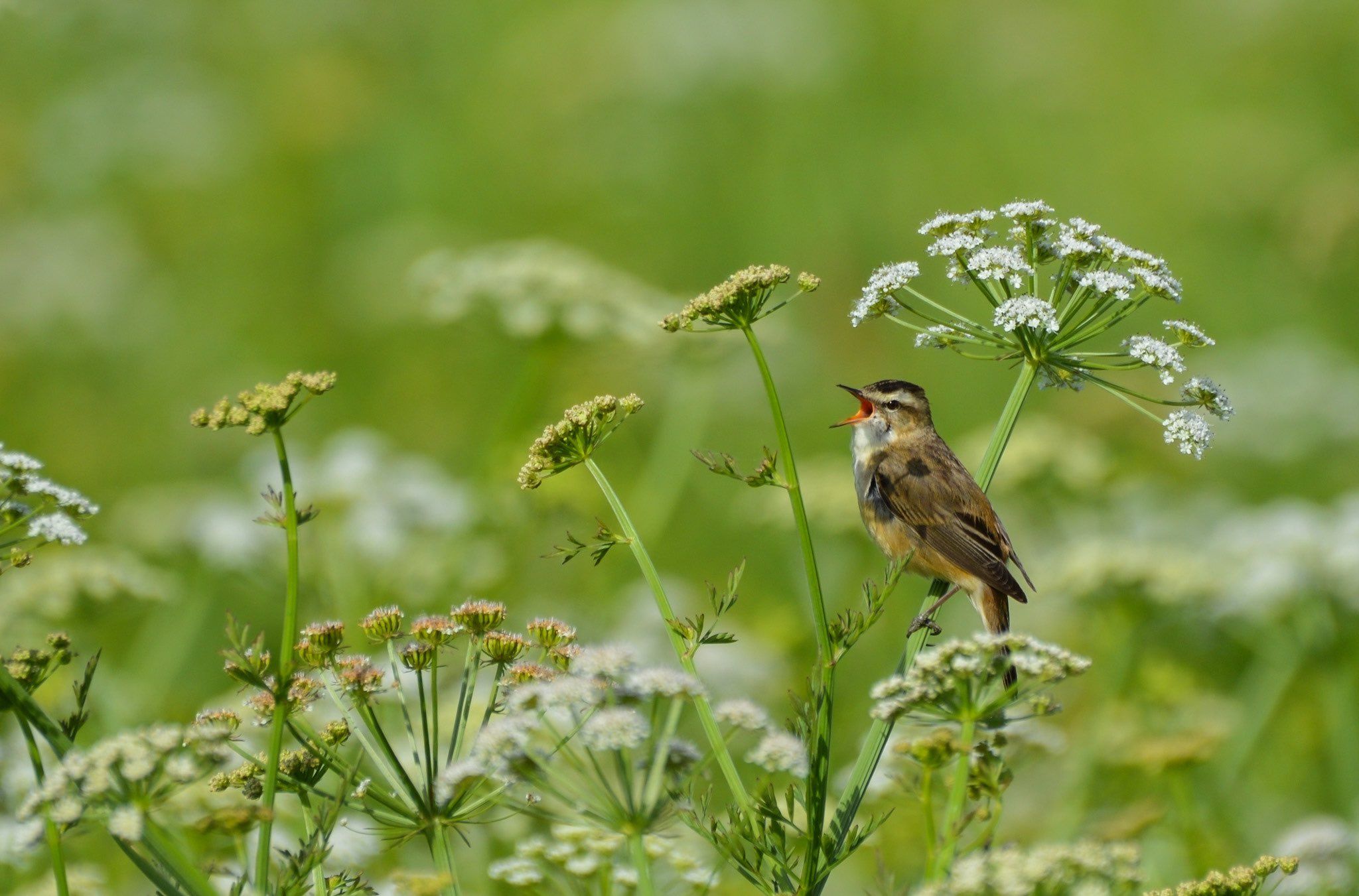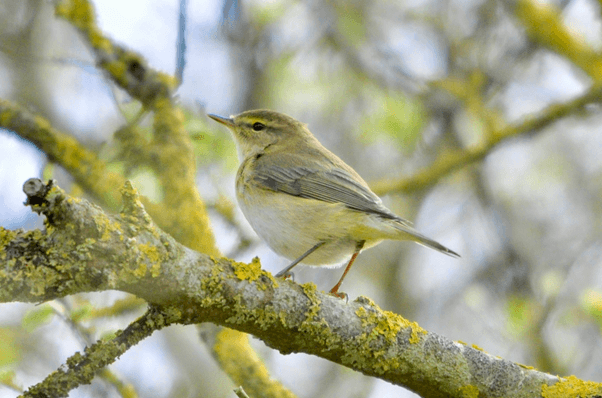Welcoming back our spring migrants
By Matt Phelps - 01 May 2024
Spring bird migration is in full swing across the UK now, and Sussex is no exception. In fact, the array of habitats and geographical proximity to mainland Europe make this an ideal part of the country in which to experience the wonder of this incredible seasonal spectacle. Once you have finished reading this, just think for a moment about the potentially thousands of birds flying over your house tonight while you’re asleep, and the absolutely astonishing journeys many of them will have been on to get this far.

It started with the first Chiffchaffs and Blackcaps back in mid to late March followed swiftly by an unusually bounteous early arrival of Willow Warblers; their lilting little song is one of my favourite summer sounds. The Swifts – one of my favourite birds and generally one of the later migrants to arrive in late April and early May – are early again too. Last year I saw one of my earliest ever in the UK, on 20th April, and this year just a day later I saw my first two of 2024.
‘Early’ is a running theme this year, as I recorded both my earliest ever Sedge Warbler and Cuckoo along with the aforementioned Willow Warblers. Indeed, pretty much all our summer migrant species are arriving earlier and earlier now, with some returning to the UK on average some three weeks ahead of their typical arrival dates from a few decades ago.
The main factor driving so many of the changes in these migration patterns, of course, is climate change. Winters are warmer in northern Europe meaning many species are simply choosing to travel shorter distances from their breeding areas, be it Blackcaps from Scandinavia and Germany spending the winter in Britain instead of heading to southern Europe, or White Storks ‘short-stopping’ at landfill sites in Spain, rather than opting for the risky crossing of the Strait of Gibraltar.
This is where habitat restoration and nature recovery networks have such a crucial role to play in our efforts to reverse biodiversity loss. Whatever the outcome of our transition away from fossil fuels, we are locked into a certain amount of planetary warming, the impacts of which are really starting to make themselves noticed, both in terms of increasingly frequent and severe extreme weather events and also the changes in abundance, range and migration patterns of birds and other wildlife.
As I mentioned earlier in this article, Sussex is in effect a gateway; a landscape-scale arrival and departure lounge for huge numbers of migratory birds and invertebrates. The potential for Weald to Waves to unlock the hidden corridors along our rivers, over our chalk downs and through our woodlands, heathlands, grasslands and farmland is massive, and offers the opportunity for so many migrant species to ‘hit the ground running’ when they arrive on our shores at this time of year.

Scrublands in particular have in recent decades been a devalued and diminished feature of the countryside in Britain, but now, thanks in no small part to projects like Knepp, we fully understand the value of this crucial habitat for so many of our lost and declining species, especially birds. On my first dawn safari of the year at Knepp recently, my group and I were treated to a beautiful cacophony of song from species such as Nightingale, Garden Warbler, Lesser Whitethroat and Blackcap, and soon these will be joined by the soft, purring song of Turtle Doves. Nightingale and Turtle Dove, in particular, are two of the most heavily declined bird species in the UK, but at Knepp they now thrive, largely due to the abundance of thorny scrub in which they choose to nest. Just imagine what avian wonders we might see return or colonise from the near continent if can extend such scrubby wonderlands across Sussex. Red-backed Shrikes? Wrynecks? Melodious Warblers? The sky’s the limit!

